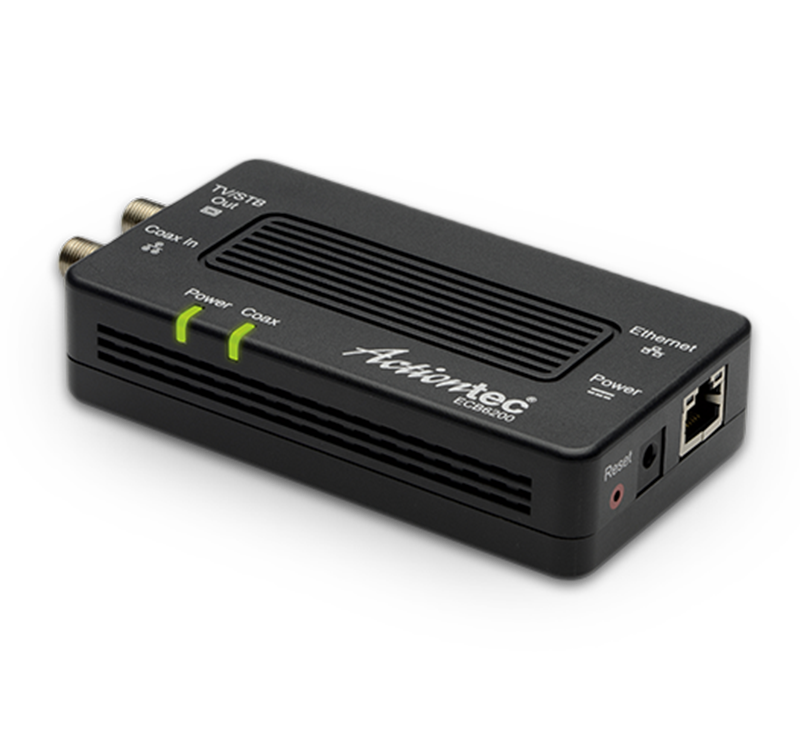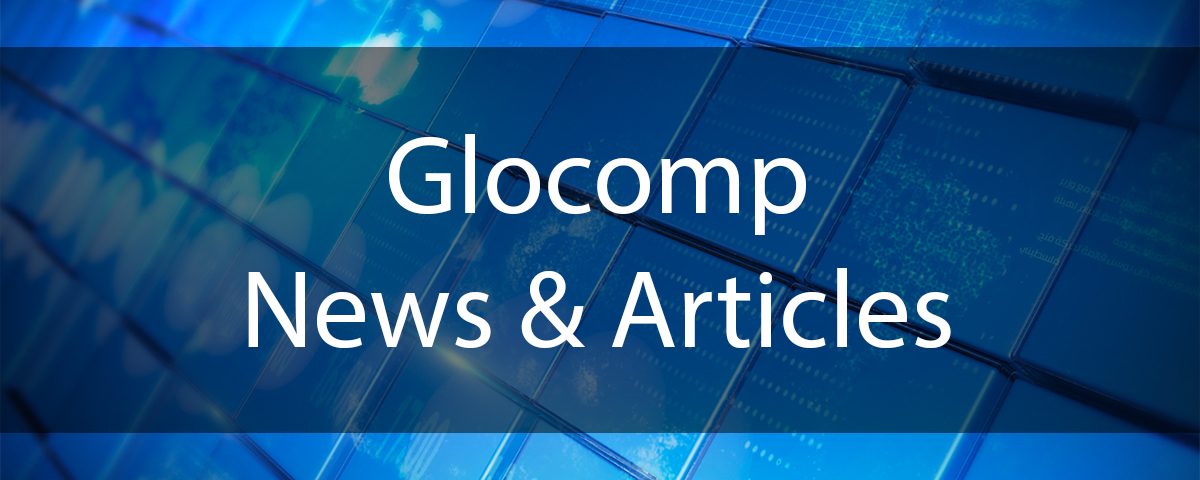
Bonded MoCA 2.0 Network Adapter ECB6200 for Service Providers
September 18, 2019
Supply Wisdom – Technology Integrations
September 18, 2019Microsoft expands its automotive partner ecosystem to power the future of mobility

Technology can help automotive companies transform into smart mobility services providers
Karl Benz and Henry Ford revolutionized transportation with the initial development and mass production of the automobile. Now, more than a century later, the automotive industry is poised to transform transportation again, with a push to develop connected, personalized and autonomous driving experiences, electric vehicles and new mobility business models from ride-sharing to ride-hailing and multimodal, smart transportation concepts.
This industry is expected to see significant growth, becoming a $6.6T industry by 2030, with disruptive business models accounting for 25 percent of all revenues, according to consulting firm, McKinsey & Company. From shared vehicle services to fully electric transportation, manufacturers are developing new products and services to enable large fleets offering mobility-as-a-service, which will increasingly replace individual car ownership. This involves modernizing the in-vehicle experience with productivity, entertainment, and personal assistants that are safe and secure, following users across different transport modes, adding value for businesses and consumers alike.
This transformation requires a data-driven mindset. The automotive sector generates vast amounts of data. However, companies aren’t yet fully set up to turn it into relevant insights. Future success depends on the ability to identify and capture digital signals and evolve how the business approaches innovation. Through what we call a digital feedback loop, the entirety of the enterprise can be connected with relevant data— whether it is pertaining to relationship management with customers and partners, or engagement with employees, core product creation or enterprise operations— to drive continuous improvement in products and services, mobility companies must differentiate from their competition.
We support the industry with unlocking this enormous potential by providing intelligent cloud, edge, IoT and AI services and helping automotive companies build and extend their own digital capabilities.
To that end, this year, for the first time, Microsoft is joining Frankfurt Motor Show (IAA) and showcasing our approach to working with the automotive industry. We want to empower automotive organizations of all sizes to transform into smart mobility services providers.
Our automotive strategy is shaped by three key principles:
- We partner across the industry. We are not in the business of making vehicles or delivering end mobility as a service offerings.
- We believe data should be owned by our customers, as insights from data will become the new drivers of revenue for the auto industry. We do not monetize our customers’ data.
- We support automotive companies as they enhance and extend their unique brand experiences to expand their relationships with their customers.
We are focusing our customer engagements along with our extensive global partner network to support their success in the five following areas: connected vehicle solutions, autonomous driving development, smart mobility solutions, connected marketing, sales and service as well as intelligent manufacturing and supply chain.
Today, we are sharing updates about our approach and expansions to our partner ecosystem across these focus areas:
- Empower connected vehicle solutions
The core of our connected vehicle efforts is the Microsoft Connected Vehicle Platform (MCVP). It combines advanced cloud and edge computing services with a strong partner network so automotive companies can build connected driving solutions that span from in-vehicle experiences and autonomous driving to prediction services and connectivity. In addition to our partnerships with Volkswagen and Renault-Nissan-Mitsubishi Alliance, new partners are using MCVP to do more:
- LG Electronics’ webOS Autoplatform offers an in-vehicle, container-capable OS that brings the third party application ecosystem created for premium TVs to in-vehicle experiences. webOSAuto supports the container-based runtime environment of MCVP and can be an important part of modern experiences in the vehicle.
- Faurecia is leveraging MCVP to create disruptive, connected and personalized services inside the Cockpit of the Future to reinvent the on-board experience for all occupants.
- Cubic Telecom is a leading connectivity management software provider to the automotive and IoT industries globally. They are one of the first partners to bring seamless connectivity as a core service offering to MCVP for a global market. The deep integration with MCVP allows for a single data lake and an integrated services monitoring path.
Meet more partners in our MCVP blog.
Our customers are also looking to provide conversational assistants tailored to their brand and customer needs, and make them available across multiple devices and apps. The Microsoft Azure Virtual Assistant Solution Accelerator simplifies the creation of these assistants.
- Accelerate autonomous driving function development
We empower car makers, suppliers and mobility services providers to accelerate their delivery of autonomous driving solutions that provide safe, comfortable and personalized driving experiences with a comprehensive set of cloud, edge, IoT and AI services and a partner-led open ecosystem that enables collaborative development across companies. We support companies of all sizes from large enterprises such as Audi, that are leveraging Microsoft Azure to create simulations using these large volumes of data, to small and medium sized businesses and start-ups.
Today, we are announcing Microsoft for Startups: Autonomous Driving, a program to accelerate the growth of start-ups working on autonomous driving and help them seize new business opportunities in areas such as delivery, ride-sharing and long haul transit. Learn more about our collaboration with start-ups like Linker Networks and Udelv in our start-up blog.
This year in the Microsoft booth at IAA, Bosch, FEV, Intempora and Applied Intuition are showcasing their autonomous driving solutions.
- FEV is overcoming the central challenge to validating automated driving functions with a data management and assessment system developed in house, which uses Microsoft Azure.
- Intempora has recently unveiled IVS, the Intempora Validation Suite, a new software toolchain for the test, training, benchmarking and the validation of ADAS (Advanced Driver and Assistance Systems) and HAD (Highly Automated Driving) algorithms.
- Applied Intuition is equipping engineering and product development teams with software that makes it faster, safer, and easier to bring autonomy to market.
- Enable creation of smart mobility solutions
Intelligent mapping and navigation services are critical to building smart mobility solutions. This is why Microsoft is partnering with companies like TomTom and Moovit.
- TomTom is integrating their navigation intelligence services such as HD Maps and Traffic as containerized services for use in MCVP so that other in-vehicle services, including autonomous driving, can take advantage of the additional location context.
- TomTom and Moovit are also partnering with Microsoft for a comprehensive multi-modal trip planner leveraging Azure Maps.
- The urban mobility app Moovit using Azure Maps also helps people with disabilities ride transit with confidence. This project supports Microsoft’s aim to make our latest technology accessible to everyone and foster inclusion and the use of our technology for the good so that every person on the planet can benefit from technological innovations.
- Empower connected marketing, sales and services solutions
With Microsoft Business Applications, our automotive partners, suppliers, and retailers can develop new customer insights and create omnichannel customer experiences. With the Microsoft Automotive Accelerator, auto companies can schedule appointments and automotive services, facilitated through proactive communications.
At IAA, we’re excited to have several partners onsite, including Annata, Adobe and Daimler:
- Annata is leveraging our Automotive Accelerator to help automotive and equipment companies meet business challenges while taking advantages of new opportunities in the market.
- Adobe and Microsoft’s strategic partnership and integrations allow an end-to-end customer experience management solution for experience creation, marketing, advertising, analytics, and commerce.
- Daimler launched eXtollo, the company’s new cloud platform for big data and advanced analytics. The platform uses Azure Key Vault, a service that safeguards encryption keys and secrets, including certificates, connection strings and passwords.
- Provide services to build an intelligent supply chain
Driving end-to-end digital transformation requires an integrated digital supply chain–from the factory and shop floor to end customer delivery. Microsoft works with Icertis, BMW, and others to build intelligent supply chain:
- Icertis Contract Management natively runs on Microsoft Azure and seamlessly integrates with Office 365, Teams and Dynamics 365 so customers can extend the benefits from their Microsoft technology investments.
- BMW and Microsoft continue to develop the Open Manufacturing Platform to enable industrial manufacturers to work together to break down data silos and overcome the challenges of complex, proprietary systems that slow down production optimization.
We are looking forward to meeting you at our Microsoft booth (Hall 5, C21) or at one of our IAA sessions. On your way to Frankfurt explore our Microsoft Connected Vehicle Platform microsite.
The post Microsoft expands its automotive partner ecosystem to power the future of mobility appeared first on Microsoft Malaysia News Center.

